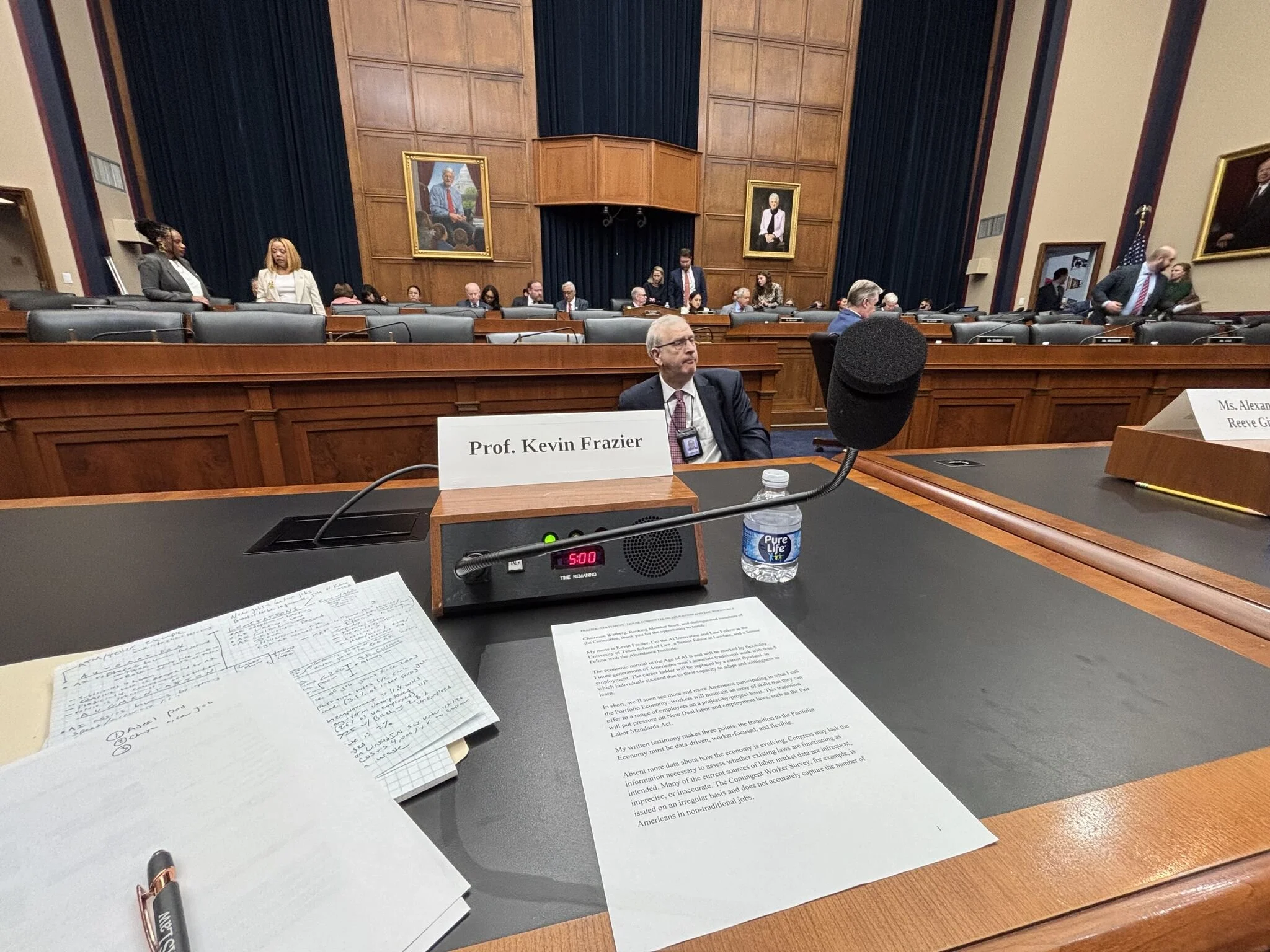Half of low-income families in the UK say children will face digital exclusion over the summer holidays
New research has found that more than half of low-income families in the UK say their child struggles to access devices or reliable internet outside of school as 75 percent of teachers say poor digital access is causing pupils to fall behind.

In partnership with the Digital Poverty Alliance, technology provider RM Technology surveyed 2,000 parents and 600 teachers about digital exclusion.
More than a third (34 percent) said their child’s school assumes their child has reliable access to devices and the internet outside of the school.
Despite this, 12 percent said their child relies on smartphones to complete schoolwork and 15 percent share a device with siblings or parents, limiting time for homework, and 11 percent said they had little or no access to the internet at home.
Nearly a third (31 percent) of teachers say children lack technology skills and 35 percent said their school has no plan to support pupils with limited access to technology outside of schools.
Elizabeth Anderson, Chief Executive Officer of the Digital Poverty Alliance, says: “Digital poverty is a harsh reality that traps children in a cycle of disadvantage. When the school doors close for summer, many children lose access to essential tools for learning, pushing inequality even further. Tackling this requires all of us – government, schools, businesses – to come together and ensure every child has equal digital opportunities, no matter their background.”
Mel Parker, Educational Technologist at RM Technology and former teacher, adds: “From my experience in schools, I see every day how lack of reliable internet and device-access at home creates real barriers for children.
“It’s not enough to hand out laptops – families need ongoing support and safer, faster connections so learning can happen inside and outside the classroom. The summer break only makes this gap wider, and it’s something we urgently need to address together.”




















